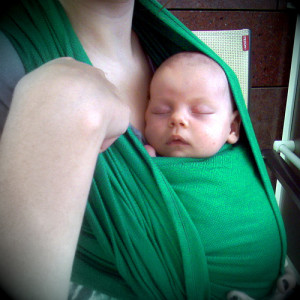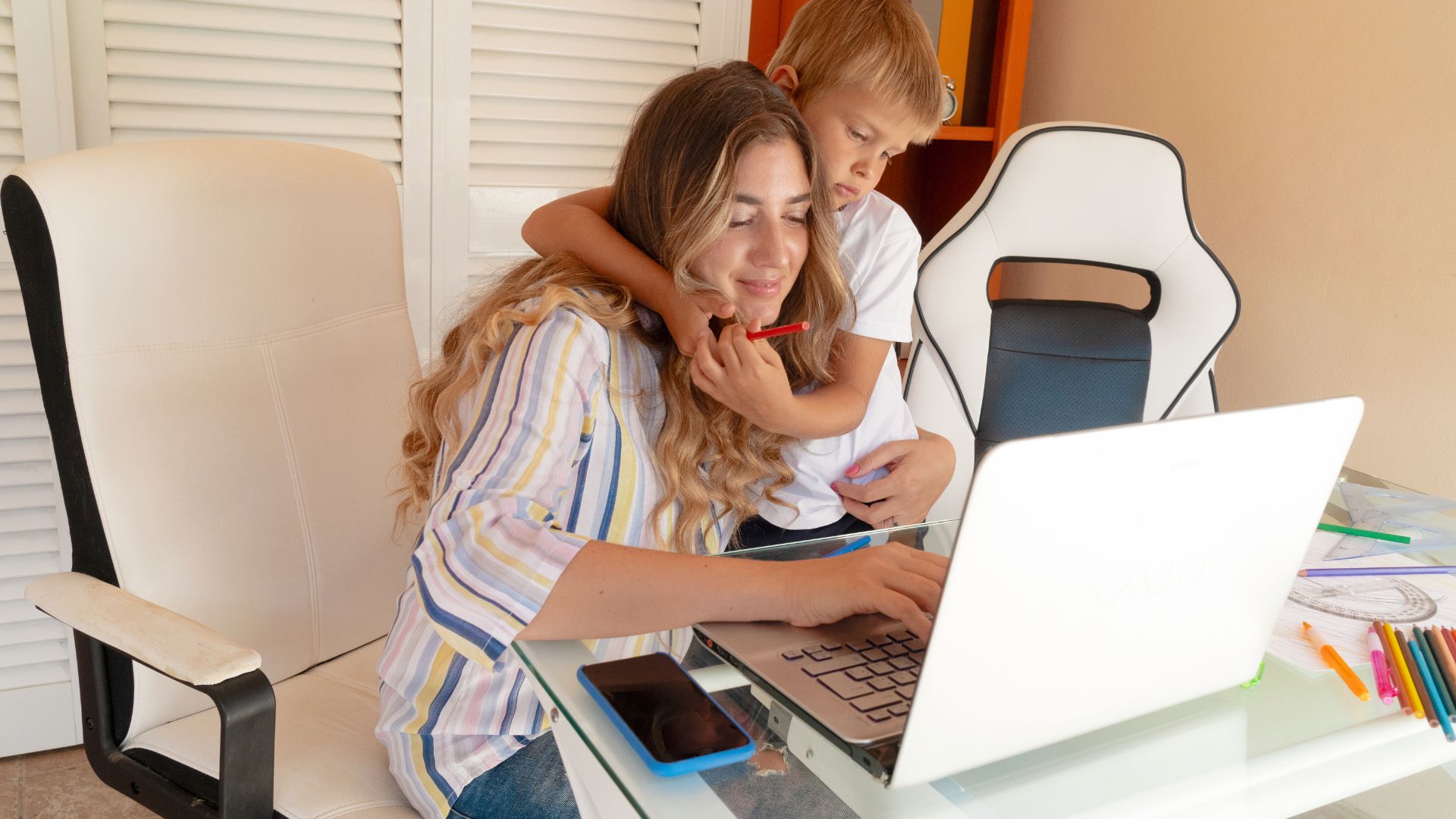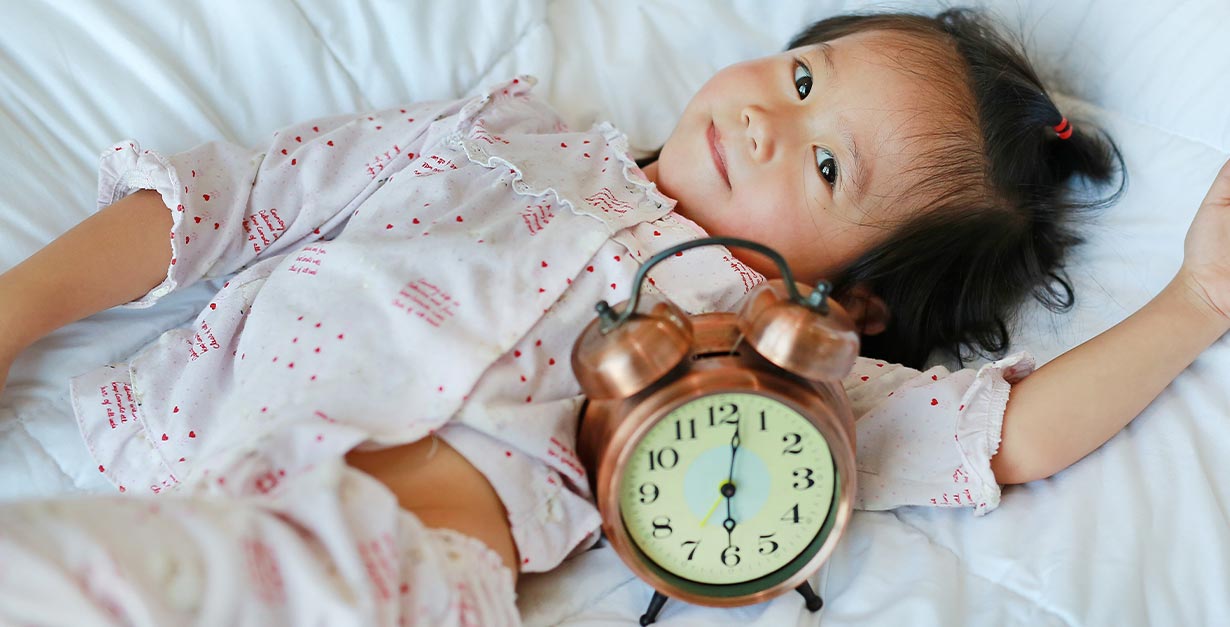 Many people are surprised to find that I am more in alignment with Attachment Parenting than they may originally think. After all, I am a family therapist and a mom first and foremost. Maybe people make assumptions because when they think ‘attachment parenting’, they think about a mom breastfeeding beyond six months (or even into toddlerhood), co-sleeping, bed sharing, baby wearing and certainly not sleep training. Attachment Parenting (or AP), as defined by Dr. William Sears is a parenting approach that claims to promote an extremely strong parent-child bond. Essentially, proponents believe that Attachment Parenting will give your child a solid emotional foundation that will allow her to have healthy emotionally fulfilling relationships in her life.
Many people are surprised to find that I am more in alignment with Attachment Parenting than they may originally think. After all, I am a family therapist and a mom first and foremost. Maybe people make assumptions because when they think ‘attachment parenting’, they think about a mom breastfeeding beyond six months (or even into toddlerhood), co-sleeping, bed sharing, baby wearing and certainly not sleep training. Attachment Parenting (or AP), as defined by Dr. William Sears is a parenting approach that claims to promote an extremely strong parent-child bond. Essentially, proponents believe that Attachment Parenting will give your child a solid emotional foundation that will allow her to have healthy emotionally fulfilling relationships in her life.
I think that there’s a balance, and I agree with Dr. Sears. It’s all about building a strong parent-child bond. It’s important to remember that you can be securely attached and still provide your children with the tools that they need to be independent and grow. There are numerous studies that show children need some very simple things along with plenty of love and nurturance: structure, clear boundaries, and consistency.
From Good Night, Sleep Tight: “Setting limits does not mean that we don’t give our children some choices or autonomy. It means giving age appropriate choices within healthy boundaries.” p. 10
The eight core principles of Attachment Parenting are ones that I agree with. Attachment Parenting International states that AP is based on eight core principles:
• Preparing for Pregnancy, Birth, and Parenting.
• Feeding With Love and Respect.
• Responding with Sensitivity.
• Using Nurturing Touch (such as skin-to-skin contact and babywearing).
• Ensuring Safe Sleep (primarily co-sleeping), Physically and Emotionally.
• Providing Consistent and Loving Care.
• Practicing Positive Discipline.
• Striving for Balance in Personal and Family Life.
According to Dr. Sears, “AP is an approach, rather than a strict set of rules. It’s actually the style that many parents use instinctively. Parenting is too individual and baby too complex for there to be only one way.” One thing that a majority of Attachment Parenting proponents agree on is a total lack of sleep training. I have to wonder, though. Are the two really at odds?
After all, one of the principles of AP is to “strive for balance in personal and family life.” This statement alone makes me wonder if perhaps those who practice Attachment Parenting don’t truly understand what sleep training means. Most people who think ‘sleep training’ automatically conjure images of screaming babies and “Ferberizing”, when in fact, that is the absolute antithesis of gentle sleep training. This is exactly why I prefer the term “sleep coaching.”
From Good Night, Sleep Tight: “Attachment between parents and children is a cornerstone of emotional health. But parents, particularly inexperienced new parents, often misconstrue what a secure attachment is and how we should encourage it in our children.” p.7]
I believe that you can strike a balance. You don’t have to be a prefect parent to have a well-adjusted, happy child. Attachment is a balance between security and support, confidence and freedom. It’s all about allowing our babies to learn how to deal with their emotions (including anger, frustration, and excitement) constructively. This includes helping your baby learn to self-regulate behaviors, for example, sleep. Unfortunately, these are not things that that we can do for them, but we can teach them how to do it themselves in a safe, loving environment.
 In fact, many families that I work with respond to a coaching analogy. You wouldn’t expect a coach to get out on the field and play for his team, and likewise, as parents, we cannot expect our children to learn how to self-regulate without helping them learn the steps to do so. This does not mean that parents should sit and watch, rather, attached parents are involved and available, allowing their child to learn and grow and stepping in when they need assistance.
In fact, many families that I work with respond to a coaching analogy. You wouldn’t expect a coach to get out on the field and play for his team, and likewise, as parents, we cannot expect our children to learn how to self-regulate without helping them learn the steps to do so. This does not mean that parents should sit and watch, rather, attached parents are involved and available, allowing their child to learn and grow and stepping in when they need assistance.
Just like a coach, you can give your child the tools, and help him learn to use them, but you can’t do it for him. This especially applies to sleep. Children need to be taught to put themselves to sleep in order to have lifelong healthy sleep habits. Teaching oneself to fall asleep is a necessary life skill, and if your baby can only fall asleep with assistance (what I commonly call a ‘sleep crutch’), then they have learned that “I can’t fall asleep unless mommy rocks me” or “I cannot go back to sleep because mommy hasn’t nursed me enough.” This ends up causing exhaustion, frustration (for mom), and bad sleep habits (for baby).
So do I think that gentle sleep coaching and Attachment Parenting can happily co-exist? Simply put? Yes, I do. It’s important to remember that much of my sleep coaching is for babies who are at a minimum six months, and whose pediatricians have agreed should be largely sleeping through the night.
Sleep coaching does not mean weaning from breastfeeding.
I am a huge supporter of breastfeeding. Unfortunately, many parents (mistakenly) believe that in order to sleep coach their child, they must wean them from the breast. This is simply not true. Sleep coaching is all about working with a family. A parent can sleep coach a baby who still needs to have night feedings beyond six months. Night weaning is possible in most cases, but not necessary.
Sleep training does not have to mean leaving your child to cry it out alone.
Sleep coaching does not mean letting your child sob for hours on end. Crying is a normal part of childhood, and some children do fuss a bit during gentle sleep coaching, but you are right there to calm and soothe your baby as they learn how to fall asleep with both verbal and physical reassurance.
In fact, I’ve previously commented on this regarding my philosophy: “I can not guarantee “no crying”…no one really can. For example, if you as the parent have taught your child that the way to fall asleep is to be held to sleep for all naps, bedtimes and wakings and you decide that you want to change this, your child will naturally resist this change. After all, they don’t know why you have changed your approach. If your child is pre-verbal then they will cry. My goal is to have as little crying as possible. I encourage parents be loving and responsive but to allow the child the room to learn this vital life skill of putting themselves to sleep. The parent responds and stays with their child and offers physical and verbal reassurance without putting the child to sleep. This supports the development of a secure attachment between parent and child.”
Sleep coaching will help EVERYONE sleep.
Parents who seek sleep coaching are often exhausted and have no other options. No one is sleeping, and what the family is doing is not working. Sleep coaching provides families with the tools to help everyone, from four months on up, to regain their sleep.
Remember, sleep coaching is not one-size-fits-all. True sleep coaching takes everyone and everything into account, from your parenting philosophy to your child’s age to temperament. Every child is different, which is why I believe in gentle sleep coaching that is tailored to an individual family.
You can sleep coach and co-sleep.
Sure, it takes a bit more creativity, but you can co-sleep and gently sleep coach your child. As long as you are practicing safe co-sleeping, there is no reason that you cannot sleep coach your child while bedsharing or room sharing. In fact, I have some blog posts and even a video dedicated to room sharing and co-sleeping: How to Co-Sleep Safely, The Sleep Lady on Co-Sleeping, The Benefits of Co-Sleep and Roomsharing.
Sleep coaching employs many of the AP principles.
Attachment Parenting is very focused on touch, understanding, and promoting emotional stability through gentle parenting techniques. I encourage parents to sleep coach with sensitivity and a loving hand. If your baby is fussing, you should provide both physical and verbal reassurance. Sleep coaching does not have to be a traumatic experience for anyone. Rather, it is a gentle means to allow parents to teach their children a valuable (and imperative!) life skill as gently as possible.
Remember, you’re the coach in all of this. Your job is to provide support and comfort. You get to be the loving parent, but you also need to be a strong base. You are helping to teach your baby life skills (like sleep!), so you aren’t doing it for him, rather, you are there to assist and provide loving support along the way. You are helping him grow.
photo credit: knitsteel via photopin cc


